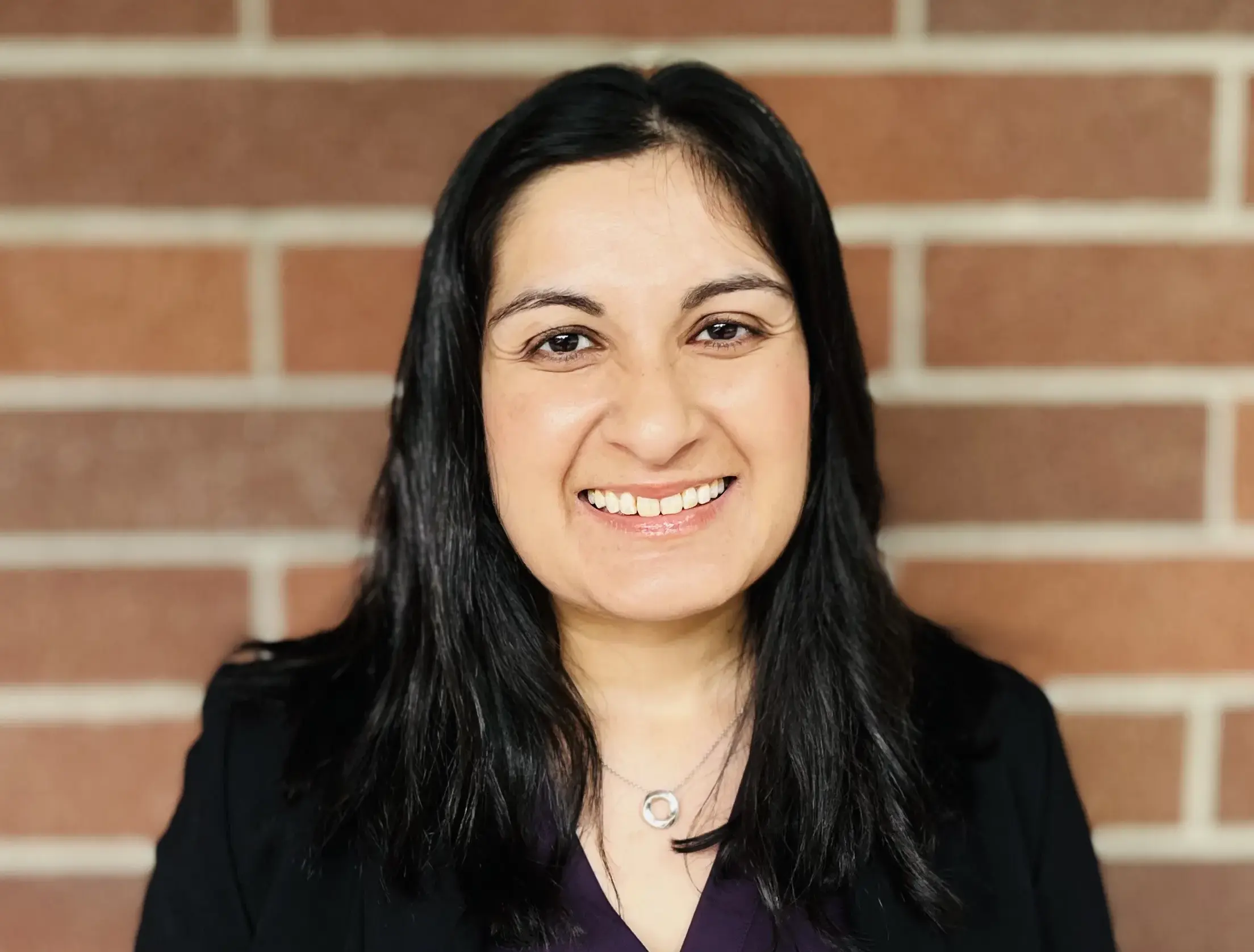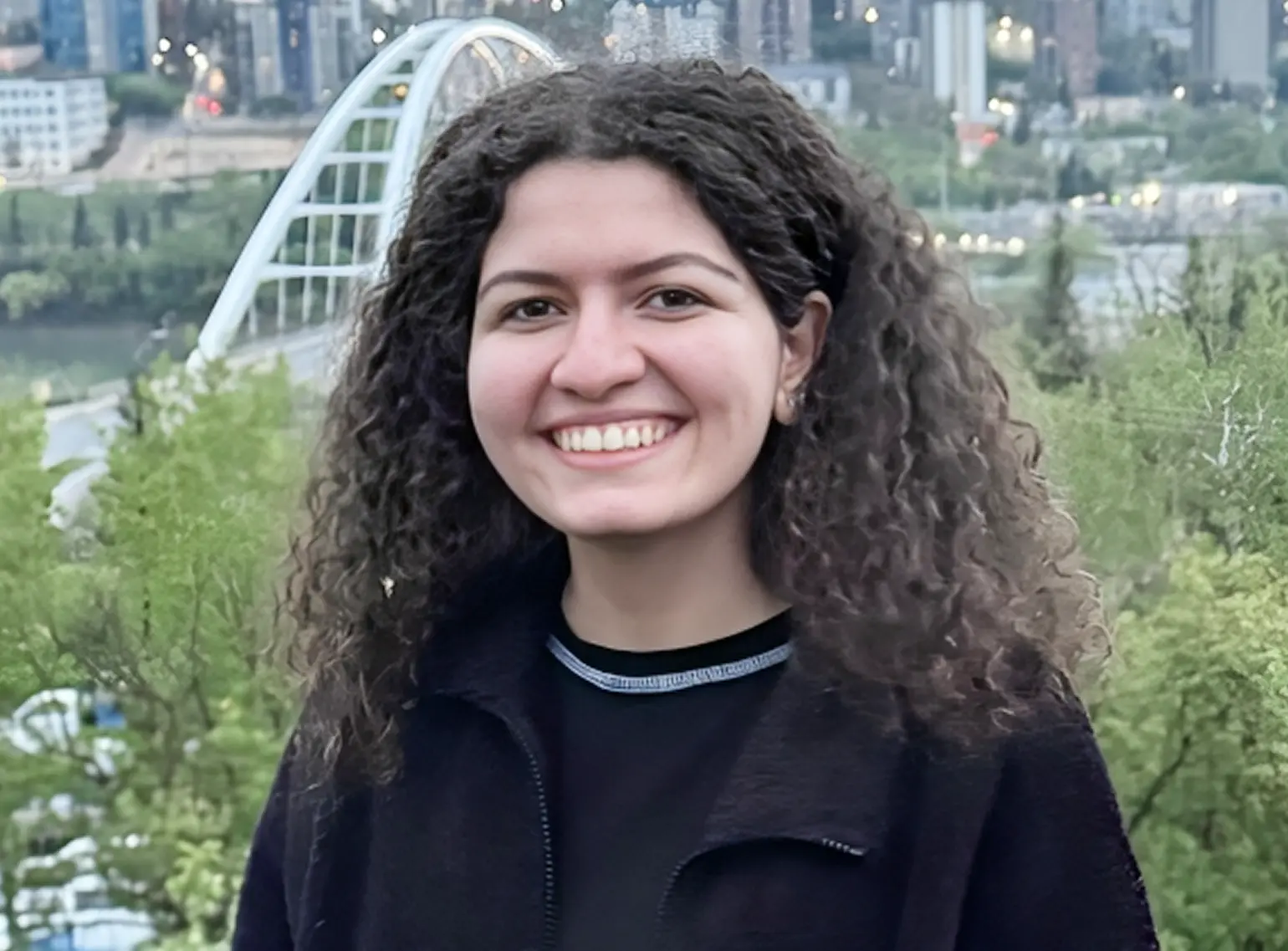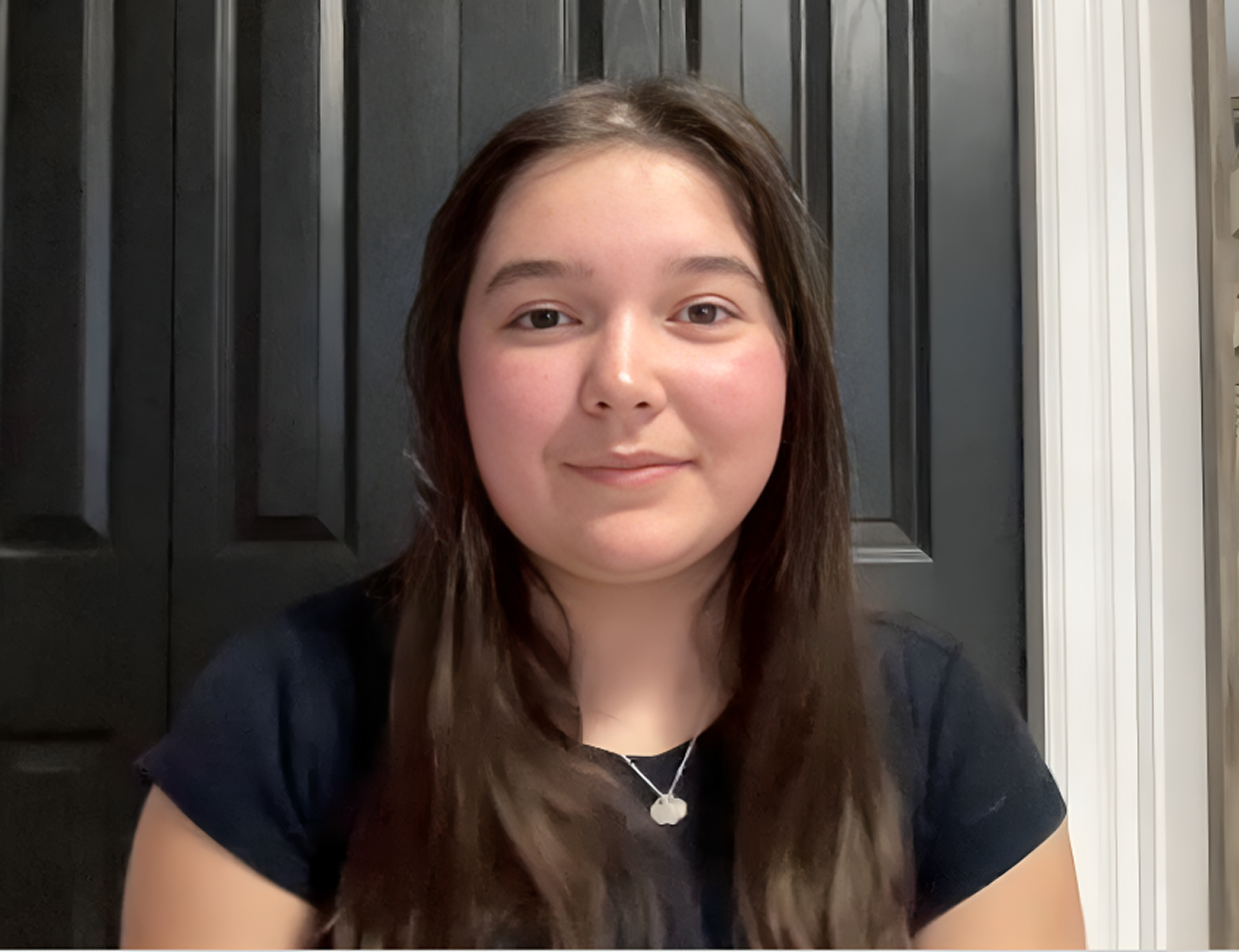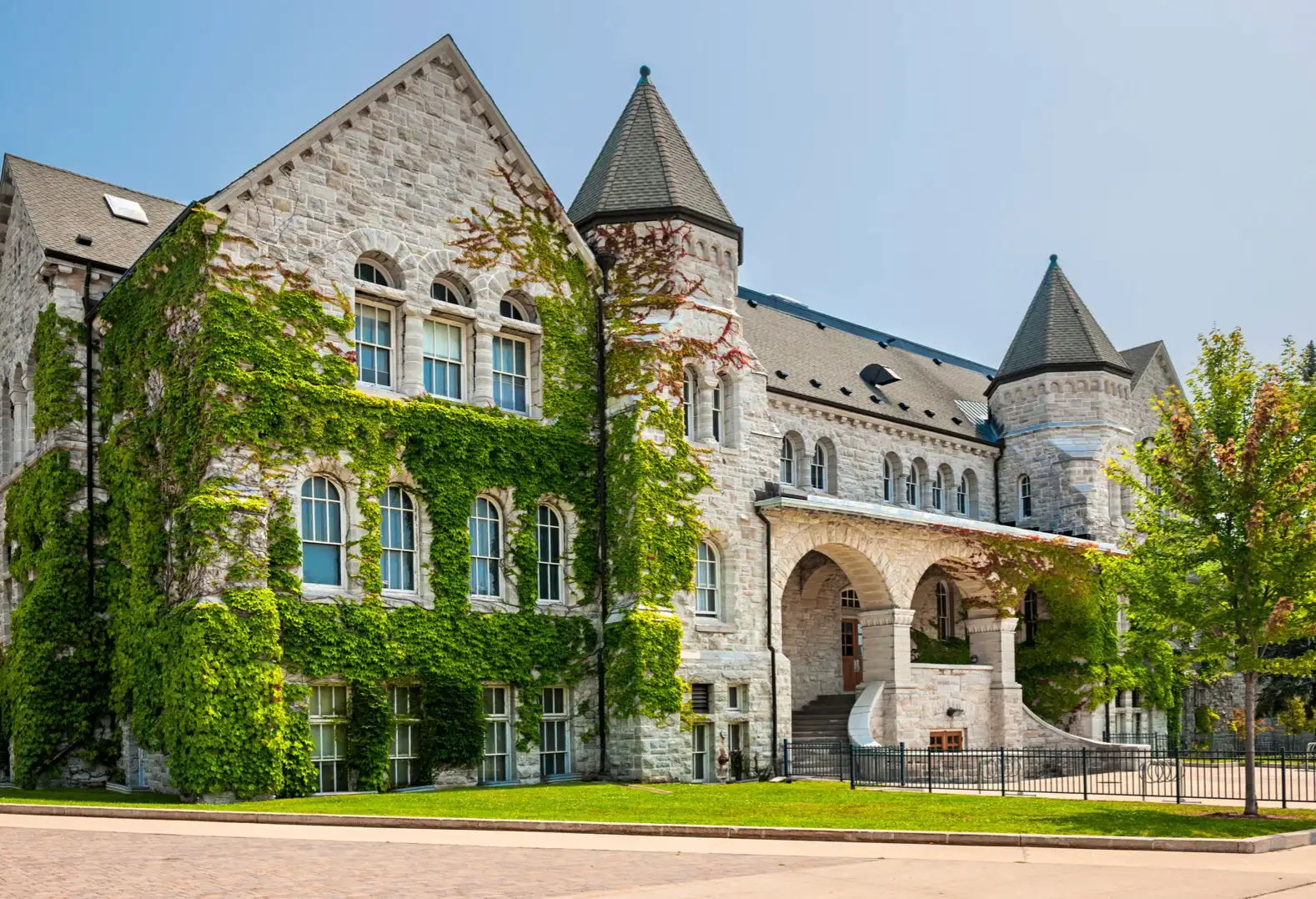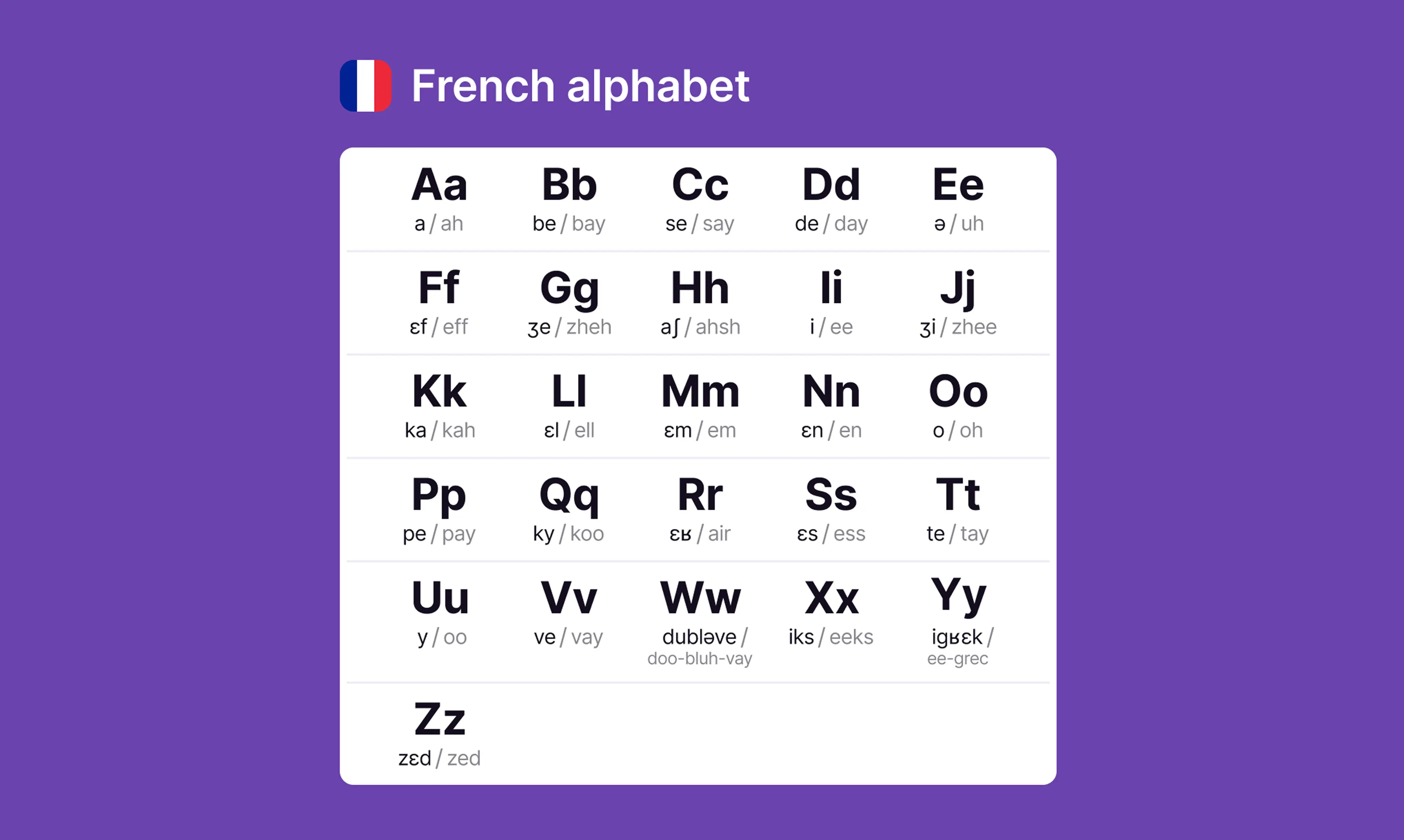
Attending a parent-teacher conference is an invaluable opportunity to engage with your child's academic progress and to forge a partnership with their educators aimed at maximizing their educational experience.
These meetings are a platform for open dialogue, giving you insight into your child’s schooling and allowing teachers to understand more about their students from the parental perspective.
By participating actively, you access a window into daily classroom interactions, observe development milestones, and can identify areas that may need additional attention.
To make the most of these conferences, preparation is key.
Entering the meeting with clear objectives, relevant questions, and an open mind sets the stage for constructive conversation.
Familiarizing yourself with your child’s current schoolwork, knowing their strengths and weaknesses, and reflecting on their behavioral traits will help you craft a focused agenda.
This groundwork aids in making your time during the conference more productive and outcome-centered.
Key Takeaways
- Engage actively in conferences to better understand your child's academic journey.
- Prepare for meetings by setting clear objectives and a focused agenda.
- Reflecting on your child’s work and behavior aids productive dialogue.
Understanding Parent-Teacher Conferences
Parent-Teacher Conferences are a cornerstone of effective communication between your family and your child's education.
These meetings serve as a platform to discuss progress, troubleshoot concerns, and strategize for future success.
Purpose of Conferences
Parent-Teacher Conferences are primarily aimed at fostering a partnership between you and the school.
During these sessions, you have the opportunity to gain insights into your child's academic performance, behavior, and social development.
It's a time to share information that can provide a more complete picture of your child’s needs.
Frequency and Timing
Conferences are typically scheduled at least once per year, but frequency can vary depending on the school's policies or your child's needs.
They often align with the end of grading periods or report card distributions. Knowing when these meetings are set gives you ample time to prepare and prioritize questions or topics you wish to discuss.

Preparing for the Conference
Effective preparation can make parent-teacher conferences more productive and ensure that both you and the teacher have a clear understanding of your child's progress and needs.
Reviewing Your Child's Work
Begin by examining your child's homework, tests, projects, and any provided progress reports.
Look for patterns in performance and take note of both strengths and areas where your child may be struggling.
Bringing all related documentation about your child to the meeting can facilitate a more focused and meaningful discussion.
Listing Concerns and Questions
Create a prioritized list of topics you wish to discuss.
This should include any concerns about your child's academic progress, social interactions, behavior, and any other specific issues you've observed.
Ensure you list any questions you have regarding the curriculum or policies that may affect your child's education.
Having a written list will help make sure all your concerns are addressed during the conference.
Talking to Your Child
Discuss the upcoming conference with your child to gather their perspective on how they feel they are doing in school.
Ask about any worries they have and what they enjoy about their learning experience.
Including your child's viewpoint can provide valuable insights and help tailor the conversation with their teacher.
During the Conference
In the midst of the conference, focus on three key areas: actively listening to the teacher, understanding your child's academic progress, and setting achievable goals collaboratively.
Active Listening
Listen intently and ask clarifying questions.
It's crucial to understand the teacher's observations and feedback about your child.
Take notes to reflect on later and to remember any specific areas of concern or praise.
Discussing Your Child's Progress
Gain insights into your child's performance through various forms of evaluation and feedback from the teacher. These can include:
- Classroom observations: The teacher's notes on how your child interacts and performs in the classroom setting.
- Testing data: Scores from any standardized tests or classroom exams.
- Assessments and assignments: Performance on daily work and special projects.
- Portfolios: A collection of your child's work showcasing their progress.
Setting Goals Together
Work with the teacher to establish short-term and long-term goals. This might look like:
- Academic goals: Specific subjects or skills to focus on improving.
- Behavioral goals: Adjustments that can enhance your child's classroom experience.
- Support plans: Home strategies or resources to help your child achieve their goals.
After the Conference
After participating in a parent-teacher conference, your next steps are crucial in maintaining the momentum of the conversation. Transforming dialogue into action benefits your child's educational journey.
Sharing Information with Your Child
It's essential to communicate with your child about the outcomes of the conference. Focus on:
- Positive feedback: Celebrate their successes and strengths to boost confidence.
- Areas for growth: Discuss any challenges and the strategies you and the teacher have agreed upon to address them.
Ensure that your tone remains supportive and encouraging to motivate your child's progress and acknowledge their efforts.
Following Up on the Discussion
After the conference, establish a follow-up plan to monitor improvements and keep track of discussed actions.
Here's a simple way to structure your follow-up:
- Action items: List what needs to be done.
- Responsibilities: Define who will do what.
- Timeline: Set deadlines for each task.
- Progress check-ins: Schedule dates to review the progress.
You can revisit these components during your communication with the teacher to ensure accountability and continuity.
Building a Partnership with the Teacher
Creating a strong partnership with your child’s teacher involves:
- Regular communication: Share updates and ask for feedback through emails or scheduled meetings.
- Mutual respect and trust: Value the teacher's professional insights and work collaboratively.
- Support for home learning: Apply the teacher's recommendations at home to reinforce learning.

Communication Tips
Effective communication is critical in parent-teacher conferences to ensure mutual understanding and to support your child's educational journey.
Effective Questioning
Start the conference with specific questions that guide the conversation towards your child's progress and needs.
For instance, ask about your child's participation in class or inquire about how they handle assignments and exams.
Utilize tips from Edutopia about beneficial questions that can promote a two-way conversation.
Constructive Feedback
When discussing your child's performance, focus on giving constructive feedback.
Highlight their strengths and then address areas for improvement.
It is important to balance the conversation to encourage growth while acknowledging achievements.
Nonverbal Communication
Your body language speaks volumes.
Maintain eye contact, nod in agreement, and lean forward to show engagement.
Be mindful of your expressions and gestures since they can exert a strong influence on the meeting’s tone as explained by WeAreTeachers.
Handling Difficult Conversations
During parent-teacher conferences, you may need to navigate challenging discussions. Your approach can greatly influence the outcome, ensuring a focus on solutions and support for the student's needs.
Addressing Academic Concerns
When you're talking about academic performance, focus on the facts.
Bring specific examples of your child's work and ask about patterns the teacher has noticed.
Are there particular subjects or types of assignments where your child struggles? Understanding these details can help you both identify strategies that cater to your child's learning style.
Discussing Behavioral Issues
Behavioral issues can be sensitive topics.
Begin the conversation with an open mind and a willingness to listen.
It's crucial to get the full picture before reacting.
Inquire about the context in which these issues occur and if there are consistent triggers.
Such insights can guide you to productive conversations that address the root causes instead of just the symptoms.
Creating a Plan of Action
Together with the teacher, you can outline specific steps to support your child's improvement.
This should be a collaborative effort, with both of you bringing ideas to the table.
A plan of action might include additional resources, tutoring, or modifications in classroom management.
Keep the focus on future growth and set attainable goals, while also agreeing on how you'll measure progress.

Leveraging Resources
Before attending a parent-teacher conference, it's crucial to gather relevant resources to make the most of the opportunity.
By tapping into school services, community support, and educational materials, your preparedness can greatly influence the productivity of the meeting.
Utilizing School Services
Your school likely offers a range of services and professionals that can aid in your child's academic journey.
Reach out to your school's guidance counselor or special education coordinator to understand what services are available.
For example, if your child has unique learning needs, there may be individualized education plans or assessment tools at your disposal.
Finding Community Support
Communities often have organizations and programs designed to support students and parents.
Look for local parent-teacher associations, educational workshops, or tutoring services.
Joining a community app for parents, as suggested by Understood, can help you connect with others who can provide both moral and practical support.
Accessing Educational Materials
Prepare for the conference by reviewing your child's current coursework and using any available educational resources to aid in your understanding.
This can include online learning platforms, library resources, or materials shared by the teacher.
You might find the planning resources and communication strategies offered by Edutopia particularly beneficial.
Join our community for parents to access expert advice, free resources, and guides for every stage of your parenting journey.
FAQs
To ensure constructive dialogue, discuss your child's academic progress, areas of strength, challenges, social dynamics, and any behavioral concerns.
Approach the meeting ready to talk about specific achievements and any observed issues that may require attention or intervention.
Before the conference, review your child's work, note any questions, and reflect on your child’s behavior and habits.
A thorough preparation includes understanding grade-level learning goals to discuss how your child measures up to those standards.
A successful conference will provide a balanced overview of your child's strengths and areas for improvement.
Expect to leave with a clear action plan for how both you and the teacher will support your child going forward.
Active listening and collaboration are key.
Enter the meeting with an open mind, respond thoughtfully to the teacher's assessments, and share insights about your child’s interests and behaviors at home to create a comprehensive picture of your child's needs.
When addressing concerns, remain constructive and solutions-focused.
It's important to ask specific, direct questions about any issues and work jointly with the teacher to form strategies for addressing them.
After the meeting, implement the agreed-upon strategies at home and keep the lines of communication open.
Regularly check in with the teacher for updates and progress reports to ensure continuity between school and home.

















